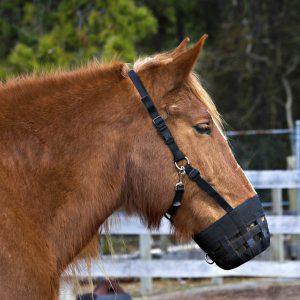
How to Keep Those Muzzles On
Got a horse in your barn that can get out of anything you put on his head? You are not...
» View Article
Got a horse in your barn that can get out of anything you put on his head? You are not...
» View Article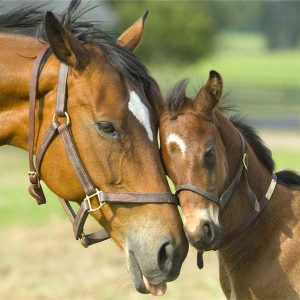
Natural vitamin E supplementation of broodmares during late gestation and early lactation can give foals a leg up in building...
» View Article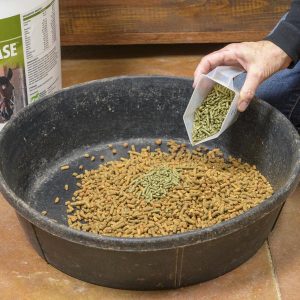
Busted: Researchers learned that horses have some nutritional sense for salt, but not for other nutrients. Horses will seek out...
» View Article
Spring weather means horse show season is right around the corner. Are you providing all the nutrients your horse needs...
» View Article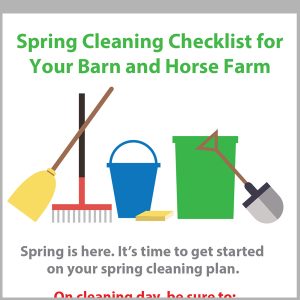
Spring is here. It’s time to get started on your spring cleaning plan. On cleaning day, be sure to: Turn out horses so they are not exposed to dust stirred up by cleaning. Open all windows and doors for ventilation.
» View Article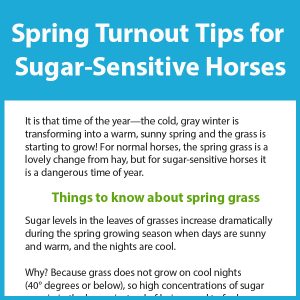
For normal horses, the spring grass is a lovely change from hay, but for sugar-sensitive horses it is a dangerous time of year.
» View Article
Can what you feed be making your horse a little crazy? The short answer is yes, it might be. Diets high in simple carbohydrates, like the sugars and starches found in some concentrates (those high in grain and molasses), can cause a horse to have hormone fluctuations that lead to anxiousness and excitability.
» View Article
They have 700 different skeletal muscles. In fact, 60% of a horse’s body weight is muscle. During exercise, muscle metabolism...
» View Article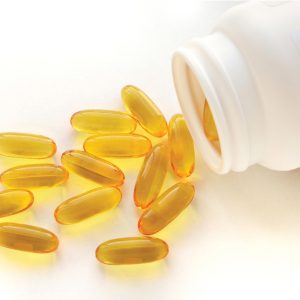
We all know that horse keeping is an expensive business. Each of us looks for ways to minimize our costs....
» View Article
Vitamin E is essential for the performance horse Vitamin E, the major lipid-soluble antioxidant defense in cells, plays an important...
» View Article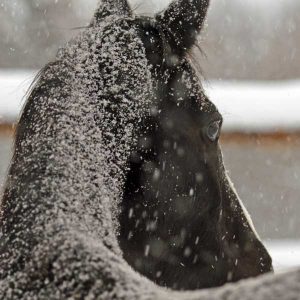
Does your horse resemble a fluffy stuffed animal this time of year? That fluffy winter coat serves a very important...
» View Article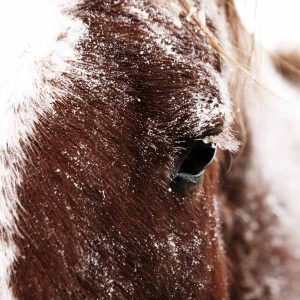
When the temperatures drop below freezing, opt out of strenuous work and choose other activities for your four-legged partner. Research...
» View Article
Neigh-Lox Advanced contains a proprietary blend of research-proven ingredients that work synergistically to maintain healthy equine GI tract tissues.
» View Article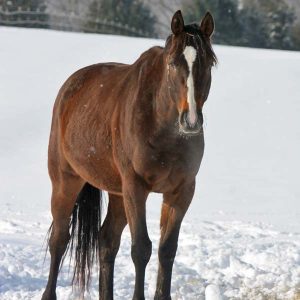
It is easy for horses to drop weight in the cold winter months and you may not notice it until...
» View Article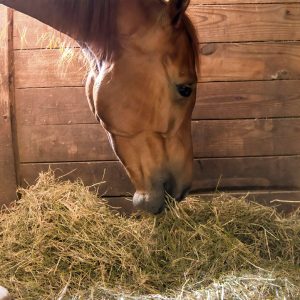
Q: I was told to feed my easy keeper mature, lower quality grass hay. Why, and how do I tell...
» View Article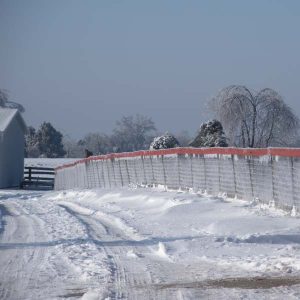
Article re-posted with kind permission by Equine Guelph: http://equineguelph.ca/index.php Ice storms, blizzards, floods, or tornadoes – it seems that over the...
» View Article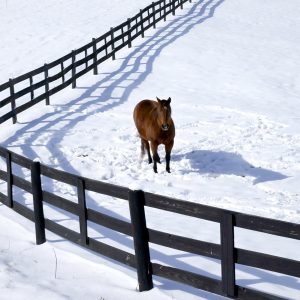
Horses will start feeling cold below certain critical temperatures. For a clipped horse, or one with a summer coat, the...
» View Article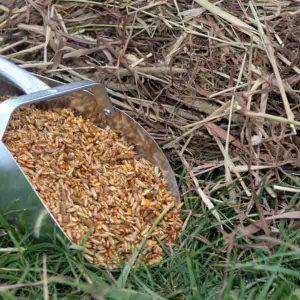
Customer Q&A Question: How do I determine the percent protein in my horse’s total diet? It is so confusing. Answer:...
» View Article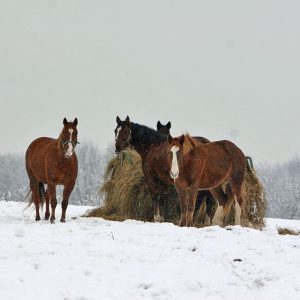
Some horses gain weight when given a winter break from trail riding, training, and/or showing. The extra weight can make...
» View Article
The capacity of the gastrointestinal tract to absorb nutrients becomes less efficient as horses age. Many older horses are unable...
» View Article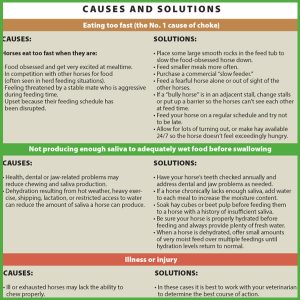
Click to download chart. Horses choke when a mass of partially chewed feed becomes lodged in their esophagus. In an effort...
» View Article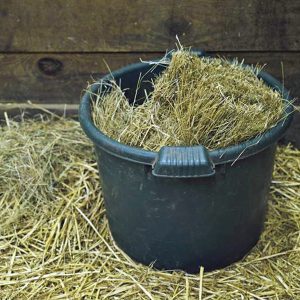
Soaking hay is one way to reduce the amount of sugar in the hay, but it should only be used...
» View Article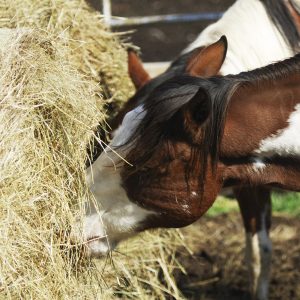
There is often a stigma attached to feeding round bales to horses, but managed well they can be a safe and economical option. When baled and stored properly, round bales are no more prone to growing bacteria or mold than square bales. If you decide to feed round bales to your horses, be sure to purchase them from a reputable dealer who has cut and stored the hay properly. Click here to download infographic.
» View Article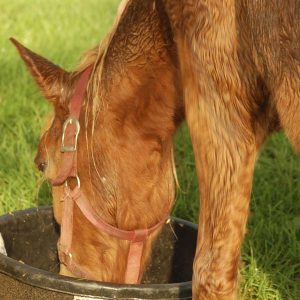
PPID, once known as Cushing’s disease, is now commonly referred to as pituitary pars intermedia dysfunction. In PPID, a portion...
» View Article
"*" indicates required fields